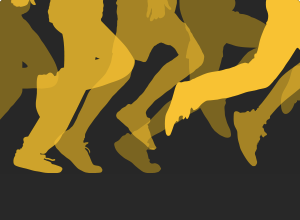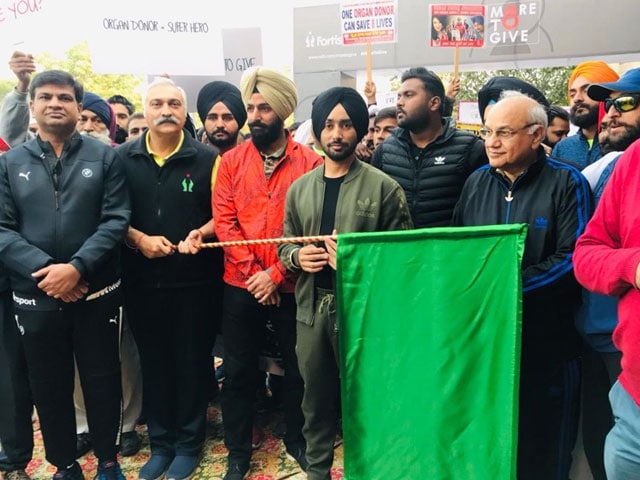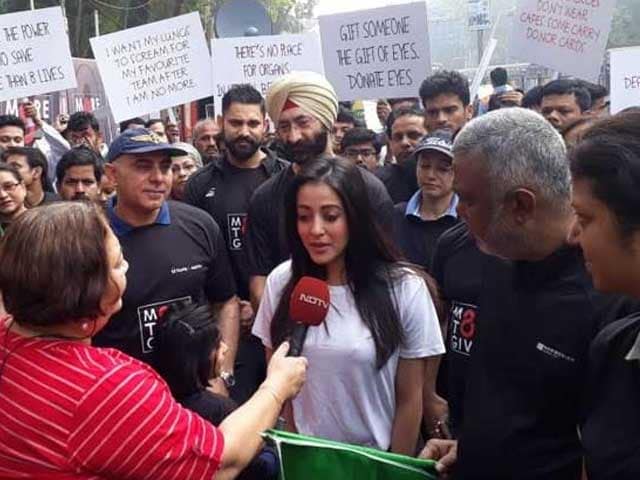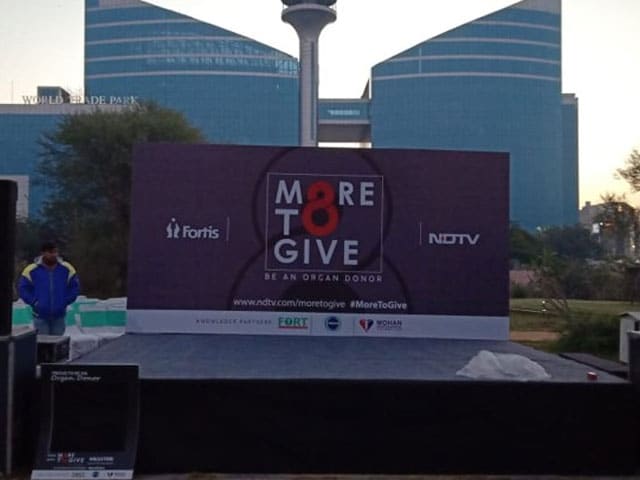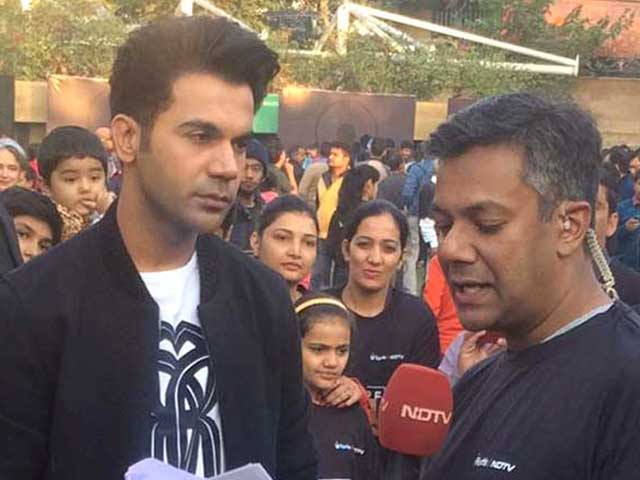
India has one of the lowest rates of organ donations in the world.
Estimates show about 4 lakh people die every year while waiting for an organ transplant. The NDTV-Fortis More To Give Campaign held a walkathon across India on Sunday, November 27, to raise awareness about organ donations.
So what are the biggest challenges India faces and what can be done to boost the rate of donations? These are some of the suggestions from experts in our studio.

Also read: In Numbers: The Status Of Organ Donation In India
The Non-Acceptance Of Brain Death As Death
Organs can be harvested from a patient who has been declared brain-dead, but doctors often find that relatives often confuse brain-death, which is irreversible, with the state of coma, which can be reversed.
“It’s very difficult for them to believe if the patient is no more,” said Mukesh Kumar, transplant coordinator at the Organ Retrieval Banking Organization.
According to experts, families often think a brain-dead patient is still alive as the organs and vitals continue to remain stable. This leads to a reluctance to provide consent for organ donation.

The Challenge In Involving Intensive Care Units (ICUs)
Dr Sunil Shroff from the MOHAN Foundation, a non- governmental organisation working in the field of organ transplants and donations, highlighted a rather surprising fact.
According to him, awareness or consent to donate isn’t always the main issue. The bigger problem is the inability of the hospitals in identifying, certifying and maintaining a brain death patient.
According to Dr Shroff, the presence of transplant coordinators in hospitals increases conversion figures with an estimated six out of ten patients agreeing to donate. Which is why, ICUs in hospitals need to be equipped to identify, certify and maintain brain death patients and only then would the process of convincing a family come into the picture.

The Need For Transplant Coordinators Is Critical
Dr. Aarti Vij from the Organ Retrieval Banking Organisation (ORBO), AIIMS said four designated experts have to carry out a series of tests on a brain dead person to ascertain and certify the condition. Further, this certification may not lead to donations if a trained transplant coordinator is not present as the conversion rate may be lower. Certification is not the only vital step in ensuring donation as the transplant coordinator needs to address concerns and counsel a potential donor family.

The Time Period Between Death And The Final Rites
One of the biggest roadblocks is the time taken to harvest organs after a patient has been declared brain dead. Donor families who have lost a close relative are often anxious about the delay in conducting last rites of the patient.
“The family sometimes is very concerned about the delay,” said Dr. Aarti Vij from the Organ Retrieval Banking Organisation (ORBO), AIIMS. According to her, it takes approximately three to four hours for organs to be retrieved in the cause of multi organ donors and, at times, the post mortem adds to the delay. Multiple teams are also mobilised in the case of multi organ donors for retrieval of kidneys, liver, pancreas, tissues etc.
Save a life, pledge to donate your organs here.

